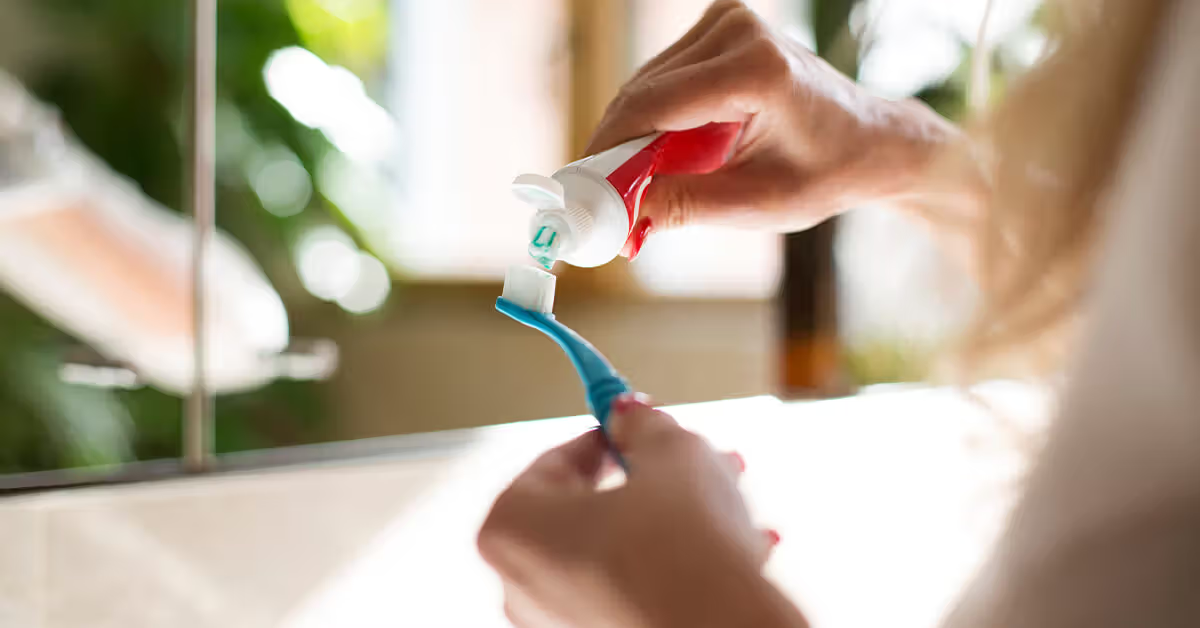
Brushing and flossing with wisdom teeth, especially if they have been recently extracted or are coming in, requires extra care to maintain oral health and prevent complications. Whether you’re dealing with new wisdom teeth or recovering from wisdom tooth extraction in Chembur East, it’s important to follow a careful oral hygiene routine. Here’s a straightforward guide to help you navigate brushing and flossing with wisdom teeth.
1. Brushing with Wisdom Teeth
Brushing your teeth is essential for maintaining good oral hygiene. Still, it can be tricky around wisdom teeth, particularly if they are newly erupted or if you’ve recently had them removed. Follow these tips:
a. Use the Right Toothbrush
- Soft-Bristle Toothbrush: Choose a toothbrush with soft bristles to avoid irritating your gums or any sensitive areas around your wisdom teeth.
- Electric Toothbrush: An electric toothbrush can effectively clean hard-to-reach areas but be gentle to avoid causing discomfort.
b. Brush Gently and Thoroughly
- Technique: Brush your teeth using a gentle circular motion. Avoid vigorous scrubbing to prevent gum irritation, especially near your wisdom teeth.
- Coverage: Brush all surfaces of your teeth, including the front, back, and chewing surfaces. Make sure to clean around your wisdom teeth, but do so gently.
- Timing: Brush your teeth at least twice daily—morning and night. If possible, brush after meals to remove food particles and plaque.
c. Use Fluoride Toothpaste
- Benefits: Fluoride toothpaste helps strengthen tooth enamel and prevent cavities. It’s especially important to use fluoride toothpaste if your wisdom teeth are coming in or if you have had them extracted.
d. Rinse Your Mouth
- After Brushing: Rinse your mouth with water or an antimicrobial mouthwash to help remove any remaining debris and reduce bacteria.
2. Flossing with Wisdom Teeth
Flossing helps remove plaque and food particles between your teeth and the gumline. Here’s how to do it effectively with wisdom teeth:
a. Use the Right Floss
- Waxed Floss: Waxed floss can be easier to maneuver around tight spaces and helps prevent the floss from shredding.
- Dental Tape or Super Floss: For wider gaps, consider using dental tape or super floss, designed to clean larger spaces and is gentle on sensitive gums.
b. Floss Carefully
- Technique: Gently insert the floss between your teeth using a sawing motion, careful not to snap it into your gums. Curve the floss around each tooth in a C-shape to clean the sides effectively.
- Wisdom Teeth: If your wisdom teeth are fully erupted and accessible, floss around them carefully. Use a floss threader or an interdental brush for better access if they are partially erupted or difficult to reach.
c. Avoid Over-Flossing
- Gentle Pressure: Floss with gentle pressure to avoid damaging your gums. Over-flossing or using too much force can lead to gum irritation and bleeding.
d. Use Additional Tools
- Interdental Brushes: These small brushes can help clean between teeth, especially around wisdom teeth that are hard to reach with floss.
- Water Flossers: A water flosser uses a stream of pulsating water to clean between teeth and around wisdom teeth, and it can be gentler than traditional flossing.
3. Special Considerations for Post-Extraction Care
If you’ve recently had your wisdom teeth removed, your oral hygiene routine will require some adjustments:
a. Follow Post-Operative Instructions
- Healing: After wisdom teeth extraction, your dentist will provide specific instructions for brushing and flossing. Follow these instructions to avoid disrupting the healing process.
b. Avoid Brushing Directly on Extraction Sites
- Initial Days: For the first few days after surgery, avoid brushing directly on the extraction sites to prevent irritation or dislodging of the blood clot. Brush carefully around the area.
c. Use a Saltwater Rinse
- Rinsing: Rinse your mouth with a saltwater solution (one teaspoon of salt in a cup of warm water) after meals to help keep the extraction sites clean and reduce swelling.
d. Gradual Resumption
- Return to Regular Routine: As healing progresses, gradually return to your regular brushing and flossing routine, being gentle around the extraction sites.
Final Thoughts
Maintaining proper oral hygiene with wisdom teeth is crucial for overall dental health. You can keep your mouth clean and healthy by using the right tools, employing gentle techniques, and following specific care guidelines. If you have any concerns or experience issues with your wisdom teeth, consult your dentist for personalized advice and support.







